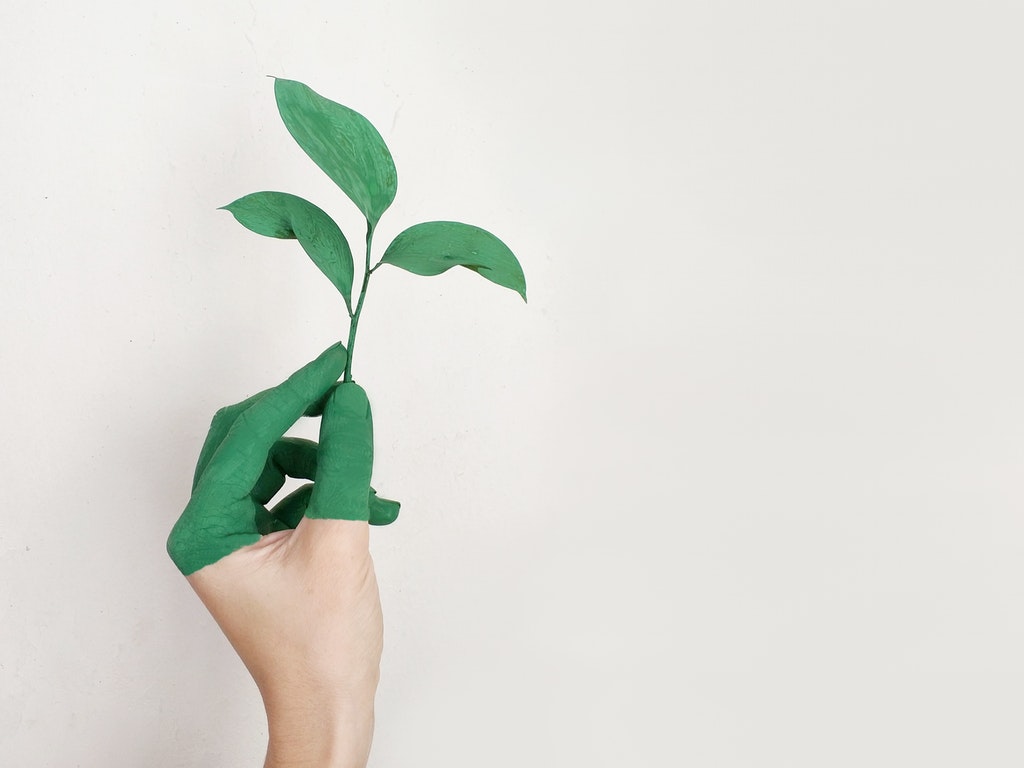4 Mins Read
Our new columnist Rebecca Walker Chan, founder of SouthPaw Sustainability Consulting is one of Hong Kong’s foremost sustainability experts, advising some of the city’s biggest MNCs, as well as startups and SMEs, on ESG reporting and how to implement sustainability strategically within their organisation. In her monthly Green Queen column, she will dive deep into all things sustainability, starting with properly defining the term so read on.
I am delighted to kick off this monthly column which will focus on my favourite topic – sustainability. Each month I will discuss ways in which we can all live more sustainably starting by looking at our everyday lives, then expanding the conversation to our work (defining what a sustainable company should look like) and broader society and government.
My goal is to provide an overview of what we use, over use and ignore and the associated climate impacts of our daily life choices. I’ll share my thoughts on all sorts of issues like our peculiar approach to managing natural resources, shifting consumer habits, corporations driving behaviour change and even touch on the SDGs. It seems like a lot, I know, so we’ll take it slow and start with modest topics and issues that I think would be relevant and interesting for everyone.
Before I go any further, let’s unpack what sustainability actually means – or at least try to. As a sustainability consultant by trade, I live and breathe this topic but recognise that it’s not part of the everyday vernacular for most people. Why would it be?
To most people it’s either a high level, somewhat unattainable concept or something only hippies care about. If you asked my parents what I do for a living, they’d say it has something to do with ‘saving the environment’ and ‘telling businesses how to be better for the planet’. They’re not wrong, but they are also not seeing the forest from the trees.
This may be due a combination of factors. There are a lot of terms used to describe or in lieu of sustainability, and not all are synonymous (see note 1 below):
- Corporate social responsibility (CSR): a self-regulating business model that helps a company be socially accountable – to itself, its stakeholders, and the public. To engage in CSR means that, in the normal course of business, a company is operating in ways that enhance society and the environment, instead of contributing negatively to them.
- Environmental, social and governance (ESG) criteria: a set of standards for a company’s operations that socially conscious investors use to screen potential investments. Environmental criteria consider how a company performs as a steward of nature. Social criteria examine how it manages relationships with employees, suppliers, customers, and the communities where it operates. Governance deals with a company’s leadership, executive pay, audits, internal controls, and shareholder rights.
- Sustainability / Sustainable Development: The World Commission on Environment and Development in 1987 said sustainability or sustainable development involves “meeting the needs of the present without compromising the ability of future generations to meet their own needs.”
- Triple Bottom Line: also known as People, Planet and Profit – the idea being that environmental quality and social equity are just as important as business profits and economic gains.
Beyond a confusing jumble of jargon, most people learn new concepts from media and marketing which can run the spectrum from misleading to outright lies, commonly referred to in the biz as greenwashing.
There are generational differences of opinion on what counts as sustainable. Studies on perceptions about sustainability show that baby boomers (in the US at least) are more likely to think of words such as “health” and “life” when asked about sustainability and are less likely to think of words that reflect the idea of “preserving for the future” than millennials (which may explain why my parents suck at understanding my occupation).
Sustainability is not just about the environment; it’s about our health as a society in ensuring that everyone can live a happy healthy life without fear of suffering, and it’s also about examining the long-term effects of humanity on the natural environment, while driving innovation and not compromising our way of life. It takes into account how we might live in harmony with the natural world around us, protecting it from the damage and destruction of which we’re so devastatingly capable.
Indeed, my work is all about balancing competing needs – the need of humans to live and thrive on this planet without depleting all the natural resources and killing everything that stands in our way. Doesn’t that sound lovely? Doesn’t it sound incredibly optimistic? Given the current state of the world, isn’t it foolish to think that we can live sustainably?
Yes and no, and I’ll explain why over the course of this column. I will attempt to answer these questions and perhaps change the way you see your world. My goal is to provide information (and more than just food for thought) on how you (yea, you!) can make the right changes in your home, your work, and for your broader community that can help make the world a better place to live. Let’s give a go!
If you are keen to learn more about what’s going on in the sustainable development realm, check out these links and resources (see note 2 below):
- The WEF’s annual Global Risks Report 2019
- Harvard Business Review consistently offers interesting and helpful articles on sustainability. I am particularly partial to articles by Ioannis Ioannou and George Serafeim.
- Eco-Business offers a great Asian focused news feed.
1- Most of these definitions are pulled from Investopedia. A side note: If you google ‘sustainability terms’ one of the more comprehensive glossaries is by DuPont, of all companies!
2- Please note that I am not necessarily advocating or condoning these sources, they are just what I often use to keep abreast of current issues.
Lead image courtesy of Pexels.



